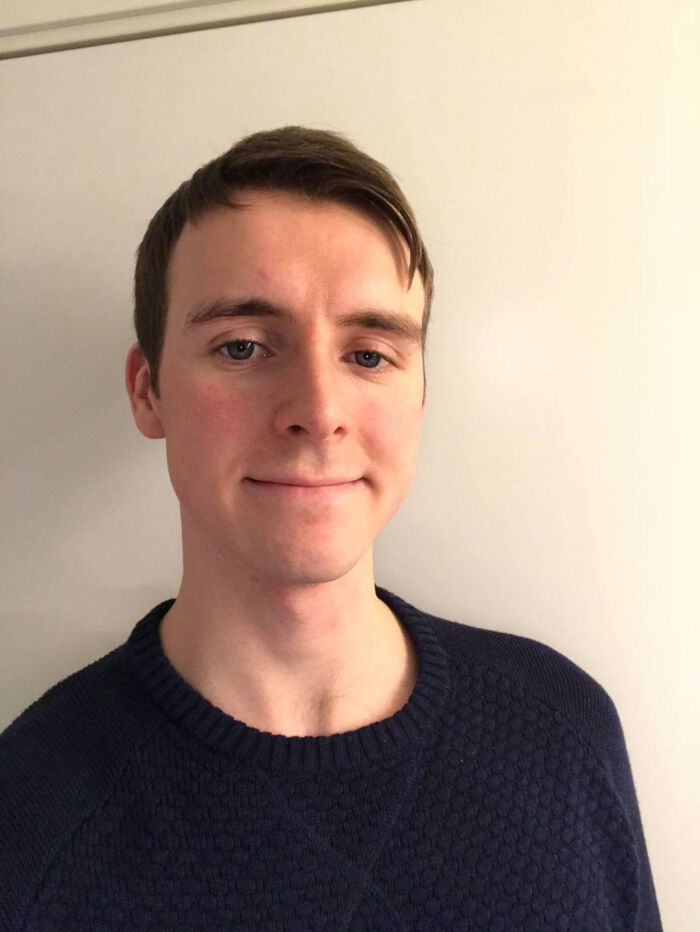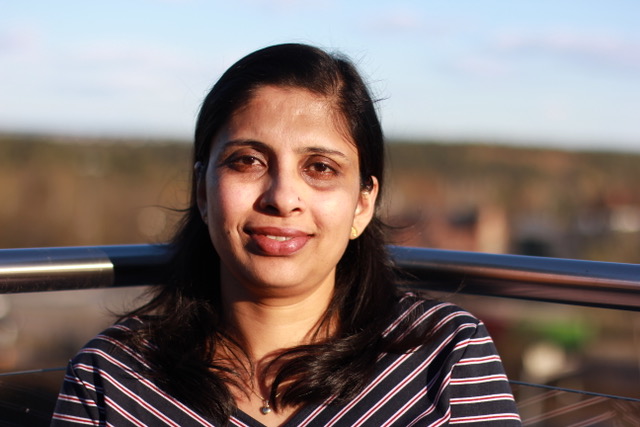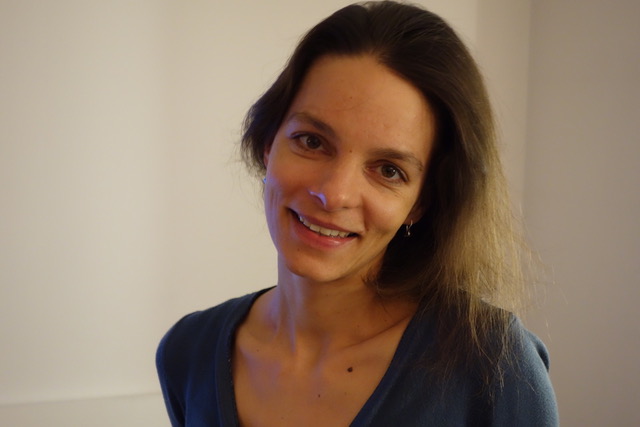Carry out practical research in your Master's thesis
We are the only Master's programme in astronomy in Norway. Here, you can gain a very special competence that takes you straight into a varied professional life or a research career.
Our programme focuses on theoretical understanding of astrophysics. You will learn to perform simulations of everything from the sun to the entire Universe, and to analyze large amounts of data. You get to apply and further develop your skills in physics, mathematics, computer science and statistics. This gives you a truly unique interdisciplinary knowledge with sought-after and applicable experience and competence.
Be an active part of our institute
We want you to enjoy being a student with us. We have great facilities including a private Master’s reading hall with computers and a kitchen. The Astrophysic's student council (AFU) is very active, taking care of the students' interests and organizes social activities for their members. These events also include preparation for Master’s examination and peer review workshops.
Unlike the planet Jupiter, the institute has a pleasant atmosphere, and it is easy get in contact with the scientific staff. There are several arenas where you can get to know and become part of a good academic and social environment at the institute.
Diverse career and research opportunities
After your degree, you will have a solid foundation to work in a variety of areas in both the private sector and public administration. Our alumni work as climate and sustainability consultants, directors, project managers, analysts, data science consultants, systems engineers, researchers, and more. Master's students who achieve good academic results can also pursue a research career by taking a PhD.
-
From astronomy to a job in the health tech industry
Bhavna Rathore uses her background from programming in astrophysics to working with ultrasound scanning devices as a system engineer.
-
Strong career possibilities
– I worked as a Postdoc at RoCS - Rosseland Centre for Solar Physics, because of its excellent reputation in the solar physics community, says Pia Zacharias about her life after PhD studies.
Build a network by being an exchange student
You can go on exchange through the joint agreements offered by the University of Oslo. We recommend that you travel in the 2nd semester. The exchange should be arranged in consultation with your advisor, so that you can choose courses that are relevant to your Master's programme. It is also possible to study abroad by working only on your Master’s thesis.
Honours certificate
Are you academically ambitious? It is possible to supplement your master's degree with an honours certificate worth 20 credits. You take the certificate concurrently with the master's programme.




